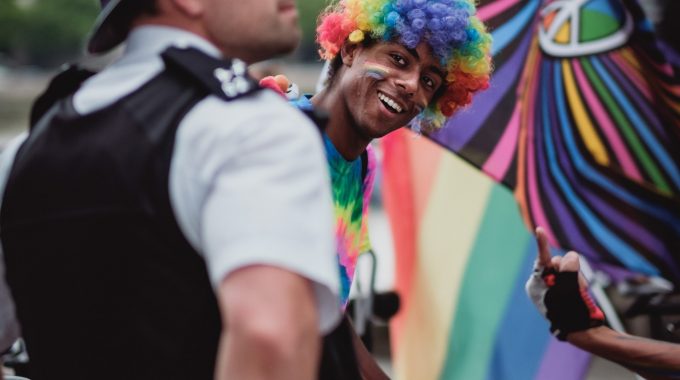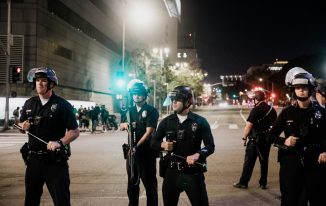Becoming a police officer has some of its ups and downs and just like any other job, it is important to make some considerations before becoming one. These have to do with the job, the relationship with family, personal characters and attributes and the society. While not exhaustive, it is important to make these ten considerations.
- Can you survive on average wages? The police force is not the best-paying employer out there. Most rookies earn about $30,000 per year. This definitely ranks within the average if not low-income bracket. However, the experience will probably outweigh the monetary benefits but it is still important to take this into account.
- Can you communicate effectively? This basically means that you would have to possess the abilities to clearly communicate well in spoken and written form. There are going to be hundreds of reports to write and at times court appearances. Communication will be very important.
- Can you work alone? Most of us have this perception of the police workplace as a place with many officers who chat all day. However, some smaller workplaces have very few officers and companionship in the workplace may not come easily. This may require you to work by yourself most of the time.
- How good is your work ethic? You will be legally armed and at most times you will be working with little or no supervision. Can you initiate something that goes beyond the minimum work standards expected of you? This will at times be necessary.
- Can you work nights, holidays and weekends? Maybe it never crossed your mind that cops actually do work these days when the average American is not. This may also not be your call but that of your family. You might have to be absent when they need you to be present. This might not sound like much but most people are used to daytime work and small changes such as the period of work could make huge differences.
- Can you handle the discrimination? Most people do not exactly trust the police and don’t believe they have even the least niceness in them. While these beliefs are largely misguided, it doesn’t reduce the discriminatory looks you will be getting all day long. You will be paying for the sins committed by others and worse still perhaps a long time ago.
- Can you handle the worst in people? Let’s face it, most people you will be interacting with are going to be on the wrong side of the law. Can you be the face of law when those you deal with are no? These are going to vary from traffic offenders to gun-wielding criminals.
- Can you effectively exercise self-control? People are going to provoke you, a lot. Can you control yourself considering you will be in possession of a firearm? Can you keep your emotions in check even in situations where the average person would probably not?
- Can you relate to people at their level? You are going to come across a wide range of people each experiencing their own unique set of situations. Besides what is normally portrayed on television, can you effectively relate with a person at their level to understand at their level what they are experiencing?
- Do you believe in the law? This basically means you would be ready to enforce the law regardless of the consequences that your actions or decisions would have on the offender. Making these considerations and being honest and true to yourself, you will have almost all the information you may need to gauge your readiness to being a cop. The rest will mostly be the requirements set by the recruiting agencies.
Looking forward to a career in law enforcement? The pointers above should help you prepare ahead and know what to expect!



